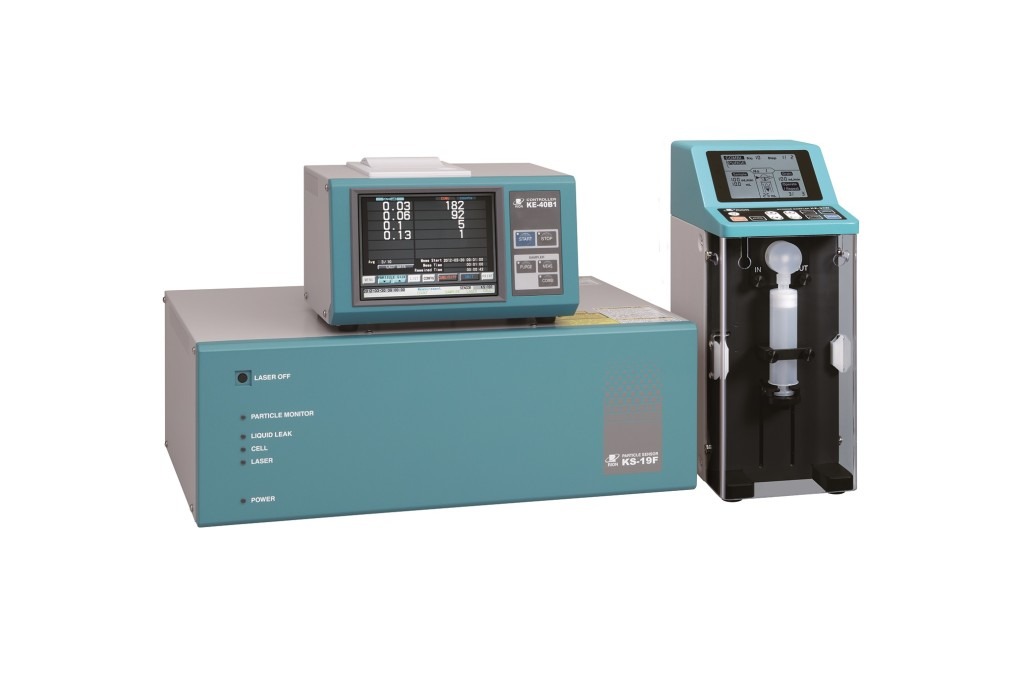In the grand theater of scientific disciplines, analytical chemistry often plays an unsung, yet pivotal role, particularly in the realm of modern medicine. It provides the tools and methods that help us understand the composition and behavior of substances, thus aiding in the diagnosis, treatment, and monitoring of diseases. Let’s delve into the significance of analytical chemistry in contemporary medicine.
1. Drug Development and Validation
Analytical chemistry is at the forefront of drug discovery. It assists in the identification of active compounds, their quantification, and the determination of their purity. Techniques like chromatography, mass spectrometry, and nuclear magnetic resonance (NMR) play a crucial role in understanding the structure and function of potential new drugs.
2. Diagnostic Tool Enhancement
Technological advancements in analytical chemistry have revolutionized diagnostic procedures. High-performance liquid chromatography (HPLC), for instance, allows for the rapid detection and quantification of biomarkers in blood samples, leading to faster and more accurate diagnoses.
3. Personalized Medicine
The era of personalized medicine, where treatments are tailored based on individual genetic makeup, is upon us. Analytical chemistry provides the tools for genotypic and phenotypic analyses, enabling doctors to prescribe medicines that are most effective for specific patient profiles.
4. Monitoring Drug Levels and Interactions
Once a medication is administered, it’s crucial to monitor its levels and potential interactions with other compounds. Analytical methods help in ensuring that drug concentrations stay therapeutic and do not reach toxic levels.
5. Study of Biological Systems
Through techniques like proteomics and metabolomics, analytical chemistry enables researchers to study complex biological systems. This comprehensive understanding is crucial for the development of therapies for multifaceted diseases like cancer and neurodegenerative disorders.
6. Understanding Drug Mechanisms
Not only is it essential to identify potential drugs, but it’s also crucial to understand their mechanisms of action. Techniques derived from analytical chemistry provide insights into how drugs exert their effects, interact with cellular structures, and are metabolized.
7. Quality Control in Pharmaceutical Manufacturing
Ensuring that medicines are of the highest quality is paramount. Analytical chemistry techniques ensure that pharmaceuticals are free from contaminants, have the correct formulation, and remain stable over time.
8. Environmental Monitoring for Public Health
Beyond direct medical applications, analytical chemistry assists in monitoring environments for pollutants or contaminants that could pose health risks. Whether it’s checking water sources for toxins or air quality for pollutants, these analyses inform public health interventions.
9. Nutritional Analysis
Understanding the chemical makeup of foods and supplements is critical for public health. Analytical chemistry helps in quantifying vitamins, minerals, and other essential danatoto nutrients, guiding dietary recommendations and ensuring the safety of what we consume.
10. Advancing Future Medical Frontiers
As we move into a future teeming with potential medical breakthroughs, like nanomedicine and advanced biotechnologies, the role of analytical chemistry will only grow. Its techniques will be integral in navigating these new territories, ensuring safety, efficacy, and the potential to revolutionize healthcare.
Conclusion
Analytical chemistry serves as the backbone of modern medicine. Its techniques and methods offer invaluable insights, from drug development to environmental health. As we continue to advance medically, the symbiotic relationship between analytical chemistry and medicine will drive innovation and enhance the quality of care.











